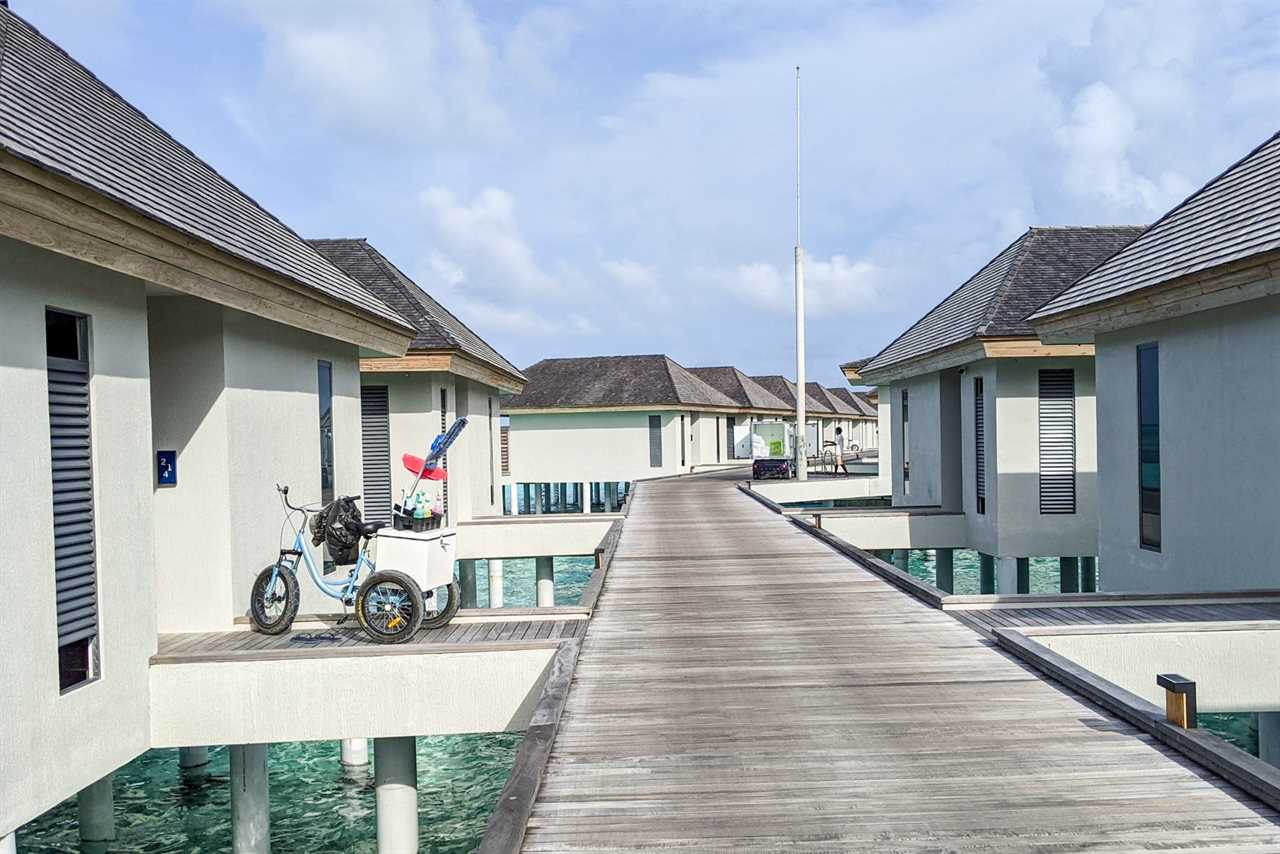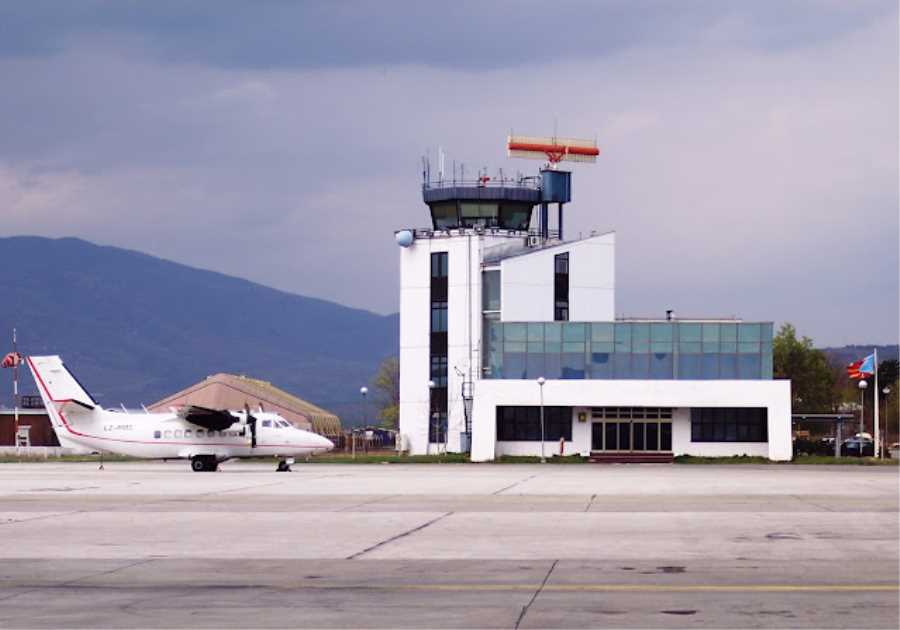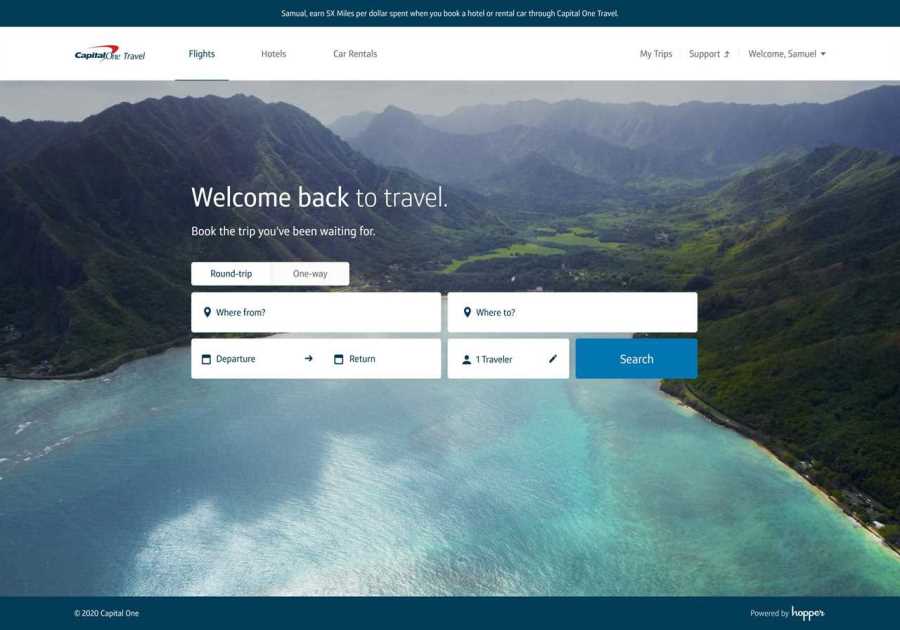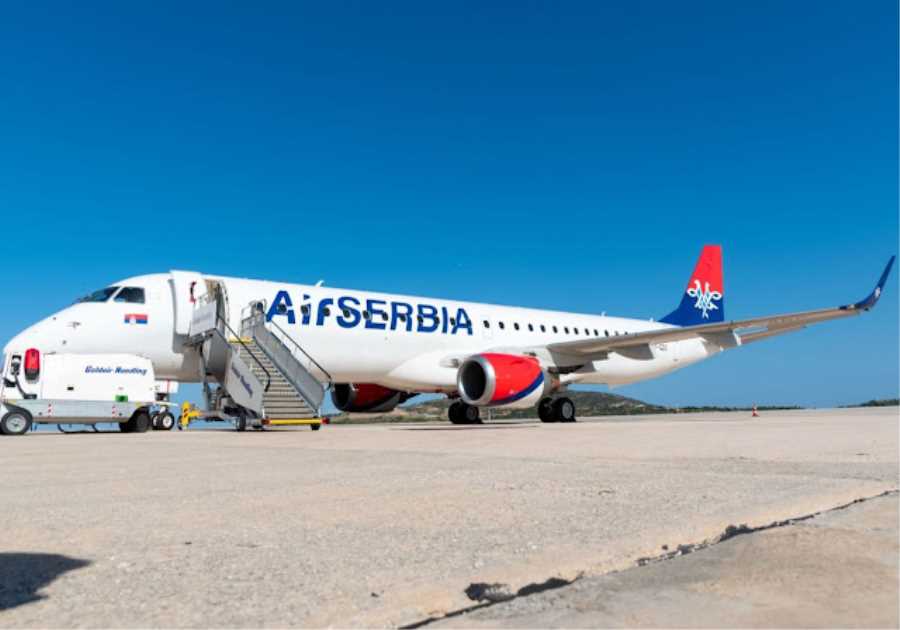HOSTED BY: 1 AIR TRAVEL
Hotels are one of the driving forces of U.S. inflation that hit a 41-year high this week.
U.S. consumer prices increased 8.5% in March from the year prior — the highest annual ascent seen since 1981, according to the latest Consumer Price Index figures released Tuesday by the Bureau of Labor Statistics. However, two segments that will heavily affect travelers — fuel and hotels — saw price surges well above the national average.
Hotel prices are up 29% from a year ago, bested only by a 70% increase in fuel oil, a 48% increase in gas prices and a 35% increase in the price of used cars. Airfare price increases, at 24%, came in just below the hotel sector.
The news underscores the point that travel bargains are likely to be few and far between this summer for domestic travel in the U.S. Road trips could end up costing significantly more than last year if high prices at the pump, sparked by Russia’s invasion of Ukraine, persist.
Hotel deals aren’t likely waiting at the end of a road trip or pricey plane ride unless travelers are going to less popular destinations. That’s not good news for customers, but hotel companies aren’t exactly complaining.
The deals might not be there even if you can get to less popular destinations. (Photo courtesy of Kalesma Mykonos)
“There’s still such high desirability to travel for vacation, and as a result of that, hotels have the opportunity to push rates when occupancy levels are very high,” said Greg Miller, vice president of lodging and experiential leisure equity research at Truist Securities. “We see that reflected especially in resorts.”
Leisure and luxury travelers notably felt the sting of hotel rate inflation. Average daily room rates in U.S. resort destinations last week were 34% higher than the same time in 2019, according to STR data. The U.S. luxury hotel sector commanded rates nearly 29% higher than 2019 levels.
The average hotel price in Miami last week was nearly 43% higher than three years ago. Average room rates in Atlanta, a city typically more reliant on business travel, were only up 3%, according to STR.
Riding inflation to a pandemic recovery
Travelers might feel pains in their wallets when staying at certain properties, but hotel companies initially used inflation to their advantage.
Major hotel groups advised owners for much of the pandemic to maintain daily rates as though the plummet in demand wasn’t occurring. The reasoning is that price discounts wouldn’t stimulate travel demand since restrictions were in place and people were hesitant to book stays.
By maintaining higher rates, even when hotels were at record low levels of occupancy, properties can recover faster than in prior downturns.
“Things are going to come back faster than prior recoveries here,” Hilton CEO Christopher Nassetta said on an investor call last fall. “Typically, it’s a grind to build back occupancy, and rate lags significantly. Rate is leading the charge here.”
Admittedly, some of the gung-ho attitude arrived before inflation picked up over the winter. However, hotel executives in recent months still downplayed the potential impact of inflation driving away profits.
Even if some guests are deterred by higher room rates, cost-saving plans introduced during the pandemic — reduced housekeeping, mobile check-in services that cut down on labor needs at a front desk, more streamlined food offerings — mean it takes fewer guests to enable an individual hotel to hit its financial break-even point.

Things like housekeeping have been reduced during the pandemic to reduce hotel operating costs. (Photo by Katie Genter/The Points Guy)
“What you’re finding is that with the great work that they’ve done on managing the hotel and dramatically lower occupancies that they’ve been able to return these hotels to either neutral profitability at dramatically lower levels of breakeven occupancy,” Leeny Oberg, Marriott’s chief financial officer, said on a February investor call. “I think that will really help offset on the inflation side.”
Others see the increase in room rates as helping mitigate rising labor costs that are necessary to recruit workers back to hotels. The overall leisure and hospitality sector is still down about 1.5 million jobs from before the pandemic, according to the Bureau of Labor Statistics. Analysts see higher wages as vital in bringing people back, as other industries like retail have historically paid more than hospitality.
“Obviously, everybody knows what’s going on with inflation and wage inflation. But of course, the flip side of that on inflation is that helps on the revenue line,” Kevin Jacobs, Hilton’s chief financial officer, said on a February earnings call. “We reprice the rooms every night. If inflation is a headwind on the cost side, it’s going to be a tailwind on the revenue side, and the revenue base is obviously bigger than the expense base. That ought to lead to higher margins coming out the other side.”
Brand buildup
Hotel companies aren’t just riding out inflation with rate adjustments at existing brands. Those with a historically more affordable lineup of brands, like Choice Hotels and Wyndham Hotels & Resorts, rallied around the idea of expanding further into high-end brands over the last year.
Wyndham added Registry Collection Hotels to its brand lineup. Additionally, executives at Choice Hotels indicated they were considering expanding their high-end brand tier, which includes Cambria and the Ascend Hotel Collection, with an “upper upscale” brand. This is the same segment of the market as brands like Sheraton and Hyatt Regency.
There’s an inflationary and loyalty argument to be made for such a move.
Hotel pricing history and lessons from other industries show that high-end customers — and higher-end products — can absorb inflation better, said Richard Clarke, a managing director at Bernstein covering global hotels, via email to The Points Guy.
The guests at higher-end hotels accept a rate increase easier than those staying at a Comfort Inn, the thinking goes.
“I also think all these companies need high-end hotels to round out the loyalty schemes — you need somewhere to spend the points,” Clarke added.
Whether this is enough in the industry’s toolkit to ride out inflation will become more evident in the next few weeks when publicly traded hotel companies like Marriott, Hilton, Choice and Wyndham all report their first-quarter earnings.
Featured photo by Clint Henderson/The Points Guy.
Title: That $300 hotel room in Miami will now cost you $430
Sourced From: thepointsguy.com/news/hotel-rates-drive-inflation/
Published Date: Thu, 14 Apr 2022 20:15:18 +0000
Did you miss our previous article...
https://1airtravel.com/pass/american-trials-free-wifi-makes-3-exciting-catering-changes






